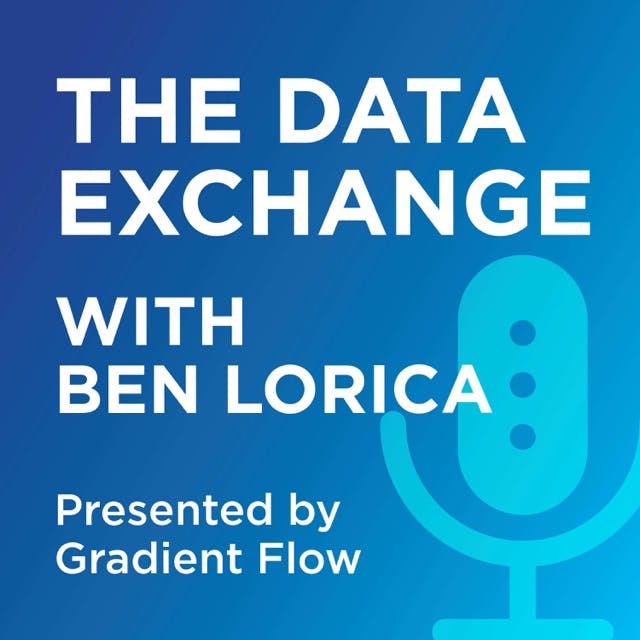Machine Unlearning: Techniques, Challenges, and Future Directions
This episode explores the concept of machine unlearning, which involves removing influences of certain training data points from machine learning models. It discusses the history and influences behind unlearning, challenges in comparing unlearning methods, collecting representative data, controlling pre-trained models, and evaluating unlearning success. The episode also delves into the practical implementation of unlearning, privacy concerns, future outlook, and its role in the model development life cycle.

